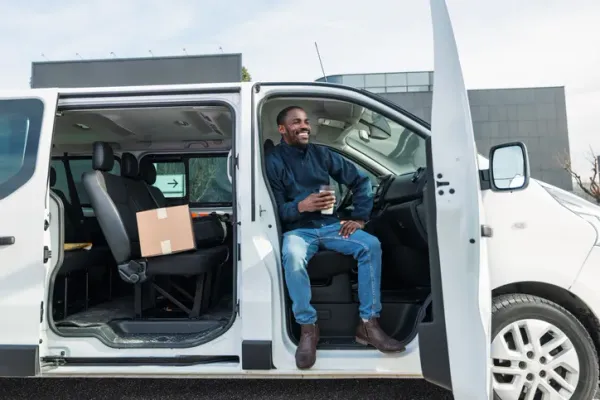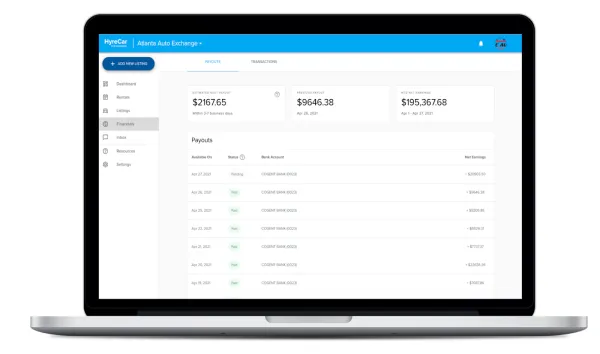HyreCar was mentioned in the Wallstreet Journal

HyreCar had the honor of being mentioned in a recent article by The Wall Street Journal covering what they call piggybacking — or derivative — startups. The term, referring to a business whose success is linked to the success of another business, is equal parts endearing and diminishing.
While HyreCar does depend on the growth of other businesses, it is not so limited as to be linked to the success of any single business. Instead, our success depends on the advancement of the entire on-demand industry. From drivers with Uber and Lyft to tasksharers with Instacart and Washio, the demand for our services comes from a diverse range of drivers and workers.
In spite of this, we do find ourselves agreeing with some of the analogies that the article presents. In many ways, the growth of the on-demand industry does mirror the personal computing boom that occurred in the late eighties and early nineties. In both cases, technology arrived that made previously unfeasible service models possible. In the case of computers, it was simplified operating systems and reduced form factors. For on-demand industries, it was the rise of smartphones and mobile apps.
Without these two things, it’s difficult to believe that either Uber or HyreCar could exist. So, then, is the entire on-demand industry — from Uber drivers to Postmates deliverers — piggybacking off the success of smartphones? The answer is: of course! Almost all industry is based on piggybacking. The economy is a vast web of interdependent companies, businesses, providers, service agents and technologies. Grocery stores depend on logistics companies to make deliveries, those logistics companies depend on warehouses to store cargo, those warehouses depend on the shipping industry to deliver goods and the shipping industry depends on manufacturing plants to produce the products.
As they say: it’s turtles all the way down! We’re proud to be a part of the on-demand industry. We believe that entry into the industry should be simple and financially manageable for everyone. By connecting our users with licensed fleet owners, we reduce the barrier of entry and, ultimately, link ourselves with the growth of not just Uber, but any industry whose participants can benefit from easy access to reliable, pre-approved vehicles. If you’d like to get started renting a car to drive for Uber, Lyft, or any ridesharing company head to our car marketplace today. If you’ve got a car you’re not getting much use out of check out our car renting guide!



